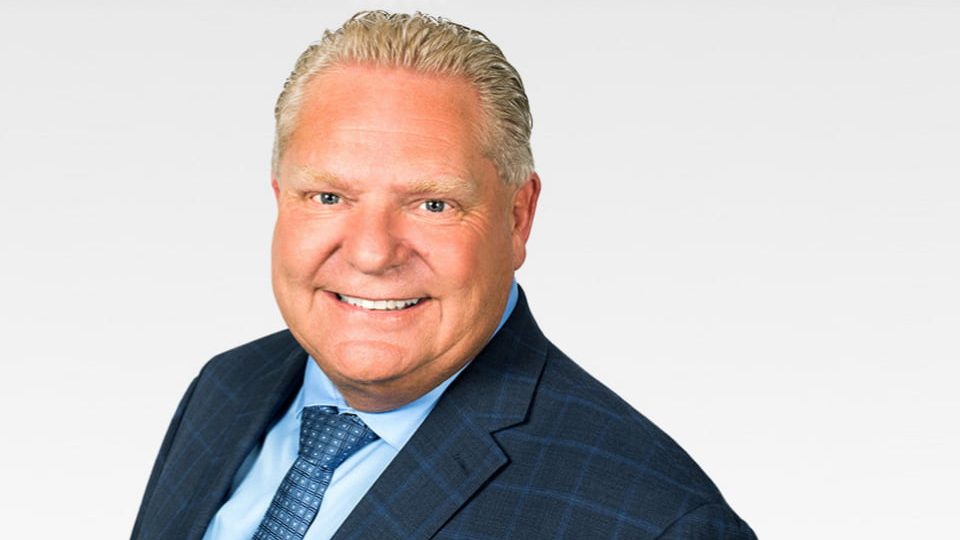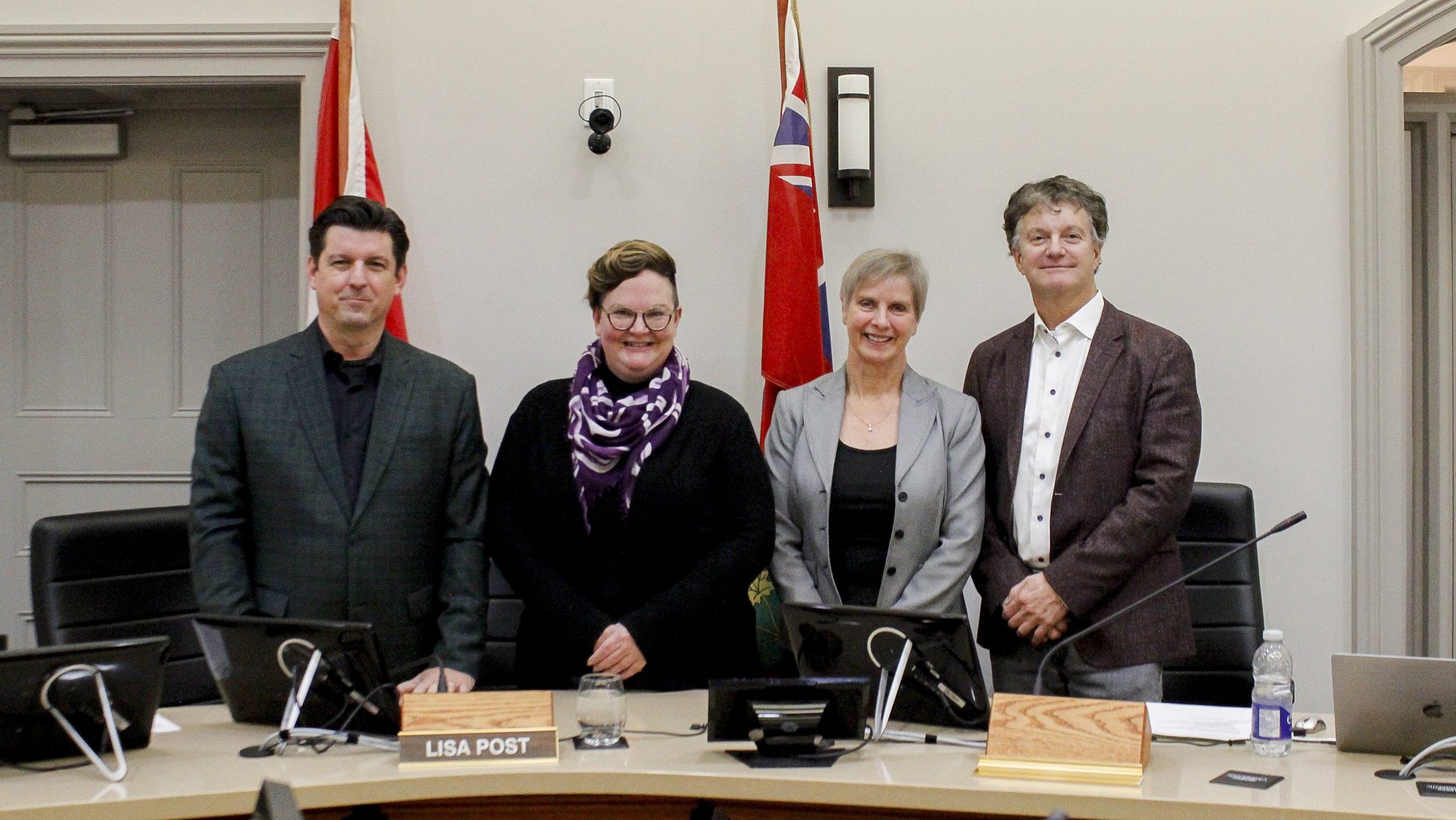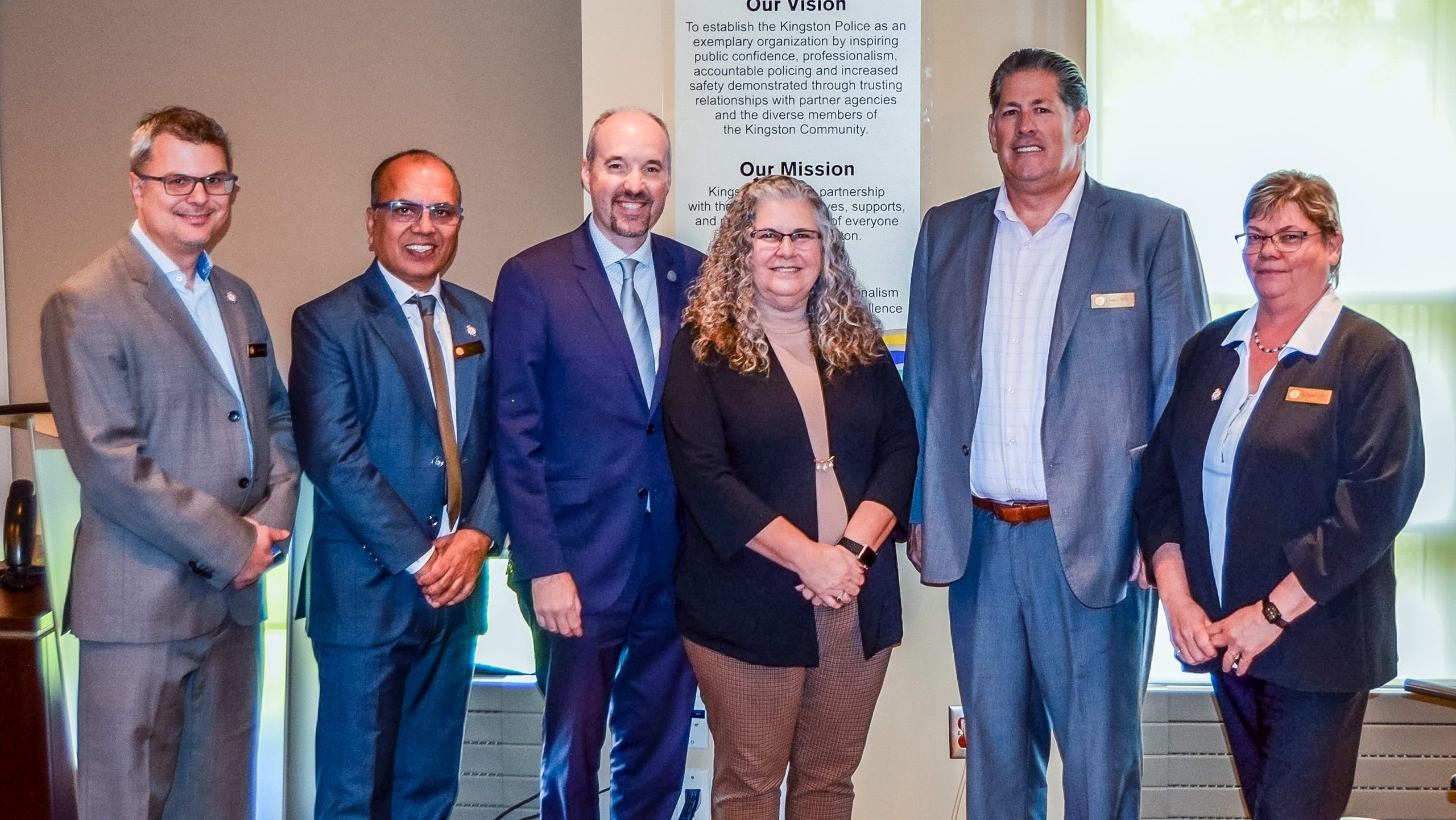The Capital Budget plans for the acquisition and replacement of Tangible Capital Assets, which are defined as significant expenditures to provide municipal services with a benefit beyond one year. The capital budget excludes the costs of operating these services, which form part of the operating budget.
Compared to personal budgeting, this is the equivalent to buying a new car, furniture, or building an addition on the house and paying it off over time.
It covers long-term investments in the purchase, construction, maintenance and repair of physical facilities and infrastructure such as road repairs, bridges, libraries and parks that are funded by water and wastewater fees, property taxes, government grants and long-term debt and are paid off over time.
In Ontario, municipalities can incur long-term debt to fund capital projects (ie. run a deficit), however they may not commit more than 25% of total own-source revenue to service long-term debt and other long-term obligations.
Capital budgets as well as operating budgets and financial statements must be made public so that residents can see how council is allocating and spending funds.
Throughout this page, the City of Belleville will be used as an example.
You can see individual approved projects in the 2023 Capital Budget Summary:
Capital budgets are prepared at the start of each financial year. Most cities in Ontario are on a calendar year.
Many municipalities report their capital budgets on a cash basis.
Capital budget process
The capital budget is primarily guided by a municipality’s Asset Management Plan (AMP) (Ontario Regulation 588/17 – Asset Management Planning for Municipal Infrastructure).
In Belleville’s case, the AMP considers several plans and studies including but not limited to:
- Strategic Plan
- Transportation Master Plan
- Wet Weather and Wastewater Servicing Master Plan (2019)
- Parks and Recreation Master Plan
- Infrastructure Phasing Strategy
- Development Charges Background Study (2020), 2021
- Roads Needs Study
The proposed capital projects must be evaluated on the following criteria:
- Public safety & Legislation
- Service levels
- Strategic initiatives
- Financial implications
- Economic & Growth implications
- Community support
- Other (e.g., timing, project readiness)
Survey residents’ priorities (optional, but recommended)
Starting in 2024, the City of Belleville opened 2 surveys to obtain feedback from residents to help inform the budget development process, giving residents an opportunity to provide feedback on capital spending priorities and have a say on how $50-90 million should be spent:
- Preliminary survey – short, high-level Preliminary Capital Budget Survey to gauge residents capital spending priorities. Results were presented to the Finance Committee and Council to assist with the establishment of budgetary guidelines.
- Draft budget survey – obtain directed feedback on the draft capital budget by incorporating categorical results and funding plans. Results were presented to council at the Capital Budget meetings for Council’s consideration when making final decisions.
Capital projects progress reports
What projects are funded?
The 2023 Capital Budget broke down as follows:
- Total – $59.2M
- Transportation services – $6.6M – Road, sidewalk, bridge, traffic infrastructure reconstruction and maintenance
- Combined services – $10M – Road reconstruction/widening, watermain replacement
- Facilities and parks – $10.3M – Parks, playgrounds, trails, dog parks, tennis/pickleball courts, soccer fields, skate parks, monuments
- Fleet and equipment – $14.2M – Pickup trucks, street sweepers, plows, Zamboni, buses, tractor, mower replacements
- Water services – $2.9M – Maintenance and equipment
- Wastewater and stormwater services – $13.7M – Upgrades, thickener, odour control
- Information technology – $500K – Servers, software, networks, system security
- Library – $45K – Network equipment
- Police services – $1.3M – Speed gun, transcription system, photo analyzing program, fleet vehicles
- Long term debt costs (interest) – $1.14M – Paid for by: property taxes ($432K) and user rates ($703K)

Where does the funding come from?
Sources of financing for these projects include:
- Total – $59.2M
- User rates – $7.5M
- Water – $5.7M
- Wastewater – $1.65M
- Parking – $175,000
- Property taxes (ie. operating budget) – $0 ($5.7M in 2022 to pay for police equipment, IT upgrades, fleet replacements)
- $1.14M to pay for long term debt costs (interests), paid for by property taxes ($432K) (0.39% tax impact) and user rates ($703K)
- Reserve funds – $17M – Funds set aside for specific use as approved by Council and in accordance with the City’s established policies. Contributions to these reserve funds are typically funded by an allocation from the operating budget.
- Development charges: Collected from developers when constructing a new building and used to fund/recover capital (and operating) expenses to service growth.
- Casino revenue share ($3.4 million in 2023)
- Asset Management
- Government grants (eg. Ontario Community Infrastructure Fund, Investing in Canada Infrastructure Program, EAF, NIF) – $12.4M
- Canada Community-Building Fund (Federal Gas Tax) – $3.7M
- Provincial Gas Tax – $766,700
- Long term debt – $17.2M – Issued to cover any infrastructure gap as approved by Council (this year it funded wastewater upgrades, trails and fire equipment)
- Property taxes – $6.5M
- User rates – $10.6M
- Donations/other – $582,100 (CN Tribute Monument fundraising)



Leave a comment
All comments are reviewed prior to appearing on the site.
Rules: